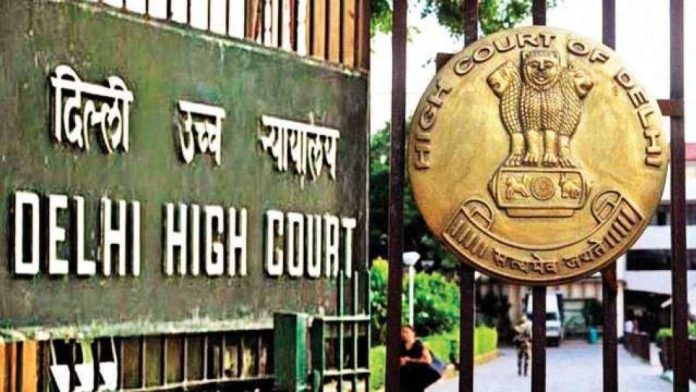The Delhi High Court has rejected a petition, which sought directions to
social media company Facebook (Meta) to
change their algorithm, stop spreading hate speech and take down hateful content against the Rohingya community.
The Bench of Acting Chief Justice Manmohan and Justice Manmeet Pritam Singh Arora, while dismissing the plea, noted that there was a robust grievance redressal mechanism under the IT Rules and the petitioners have that alternative efficacious remedy to avail for any objectionable posts.
The petition was rejected on the grounds that prior censorship of any publication against the Rohingya community would be an example of a treatment, which was worse than the disease.
The Bench noted that there was no allegation in the writ petition that the said respondents have failed to abide by its statutory obligations under the IT Rules 2021. The petitioners have not disputed the statement made by the senior counsel for Respondent Nos. 1 and 2 [Facebook] that the impugned posts mentioned at paragraph 19 of the writ petition (barring 3 posts which appear on the account of accredited news channel) stood removed in November, 2023; whereas, the present petition has been filed in January 2024 and was listed for the first time on January 30.
It appeared that the petitioners were not aware about the legal obligations of the social media platforms not to promote dissemination of hate speech and exercise due diligence as stipulated in Rule 3 of the Information Technology Rules and the grievance redressal mechanism provided under those rules, noted the High Court.
Quoting the Standing counsel for Union of India, it said the IT Rules also provide for emergency blocking order under Rule 16 at the instance of the Authorized Officer. It is not the contention of the petitioners that the said redressal mechanism is not efficacious.
The Bench ruled that in view of the aforesaid Rules, the direction sought by the petitioners to the Union of India to restrain Facebook from allegedly promoting, amplifying, spreading hate speech covered by Section 153 and 500 of IPC and particularly hate speech against Rohingyas did not arise for consideration.


